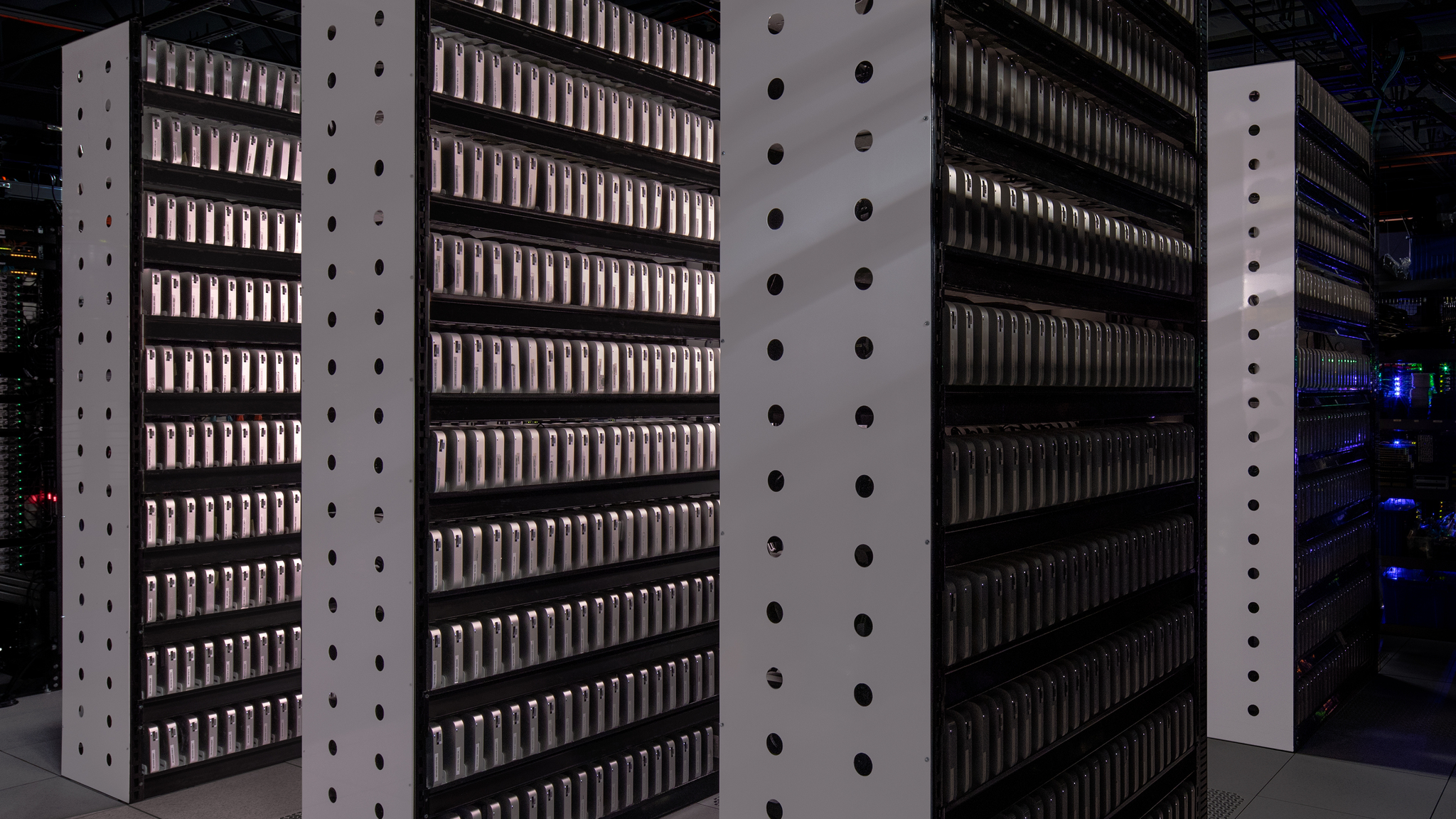
There has been talk of Apple investing big in new AI servers already, and Google recently announced its own plans for new cloud server silicon as well. So it's no surprise that a new report has detailed Project ACDC, Apple's ongoing work to design its own AI chips that will ultimately be used in the servers that power upcoming features for the iPhone, iPad, Mac, and more.
Apple already designs the chips that make the iPhone so far, not to mention the transition away from Intel that has helped Apple produce some of its best Macs to date. With that in mind, it makes sense that Apple would turn its hand to server-side components, especially given how important they are likely to be to the future of AI.
Despite Apple's work to make large language models run on iPhones, server-side processing will still be required to do the heavy lifting for some features. And a new report appears to confirm that Apple wants those servers to be powered by its own chips rather than those from NVIDIA, Intel, and others.
AI servers
The new WSJ report is the first to out Project ACDC and notes that despite our hopes, the name isn't a reference to the band of the same name. Instead, it stands for Apple Chips in Data Center, which is a much more boring albeit descriptive explanation.
The report notes that Project ACDC has been in the works for several years but it's as-yet unclear when it will break cover. Apple has not yet confirmed the project's existence, but the company is expected to detail new AI plans at its WWDC event on June 10.
It's thought that Apple will turn to long-time chip partner TSMC to produce the new server silicon, but it's again unclear how far down the design and production path the two companies are.
Apple has long sought to have ultimate control over its products and future plans, and designing its own chips is part of that. By removing the need to stick to a third party's roadmap, Apple can project performance and power usage requirements further into the future, giving it a clearer picture of what future iPhone, Mac, and other products might be. The same logic applies to servers, too.







